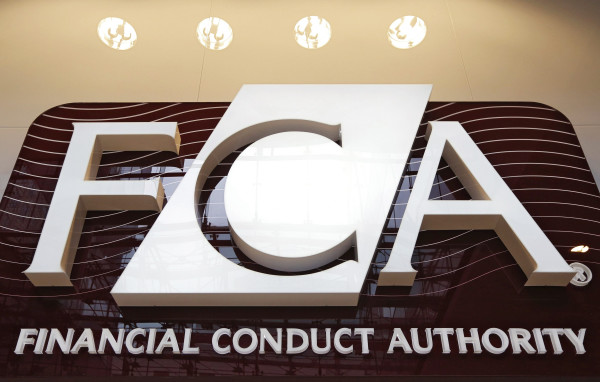

As part of the Financial Advice Market Review’s aim to close the ‘advice gap’, the FCA is consulting on updating its guidance on an advisory service that meets a simpler or focussed consumer need, so called streamlined advice.
Steven Cameron, pensions director at Aegon, said there is a huge swell of opinion predicting the growth of this area of advice, with 80 per cent of advisers polled by the provider expecting an increase in demand for streamlined advice services.
However, when it comes to meeting an increased demand, the outlook is mixed.
Of the 37 per cent of advisers who currently offer streamlined advice, nearly six out of 10 (58 per cent) are in favour of extending its use.
Of those who don’t currently offer it, future intentions are evenly split with 38 per cent saying they’d be interested in offering it, 32 per cent who haven’t made up their minds and a further 30 per cent who are not interested.
When it came to attracting a younger client base, nearly seven out of ten (68 per cent) of those surveyed thought streamlined advice could be a useful method of encouraging younger people as clients, suggesting widespread availability could help close the advice gap and potentially build the foundations of lasting client relationships.
However, this optimism relies on removing certain barriers to the future success of streamlined advice.
By far the greatest barrier is regulatory risk, with 62 per cent of advisers citing this as a concern.
This was followed by the time required to develop and market a proposition (22 per cent) and lack of consumer awareness cited by one in 10.
Of the likely scenarios put forward by the FCA, where streamlined advice would be appropriate, 76 per cent of advisers thought it likely that they would use it for ‘fund choice for employees who have been automatically enrolled into their employer’s scheme’.
This was closely followed by 72 per cent of advisers likely to use it when clients had ‘a small sum to invest’.
The FCA scenario least favoured by advisers was advising on ‘a range of ETFs’, with 64 per cent of advisers suggesting they were not at all likely to use streamlined advice in this situation.
Liz Field, chief executive of the Personal Investment Management & Financial Advice Association, said streamlined advice will be a way for advisers to offer lower cost advice in the future.
But for successful offerings to develop, Ms Field said advisers must have confidence in their regulatory position in respect of FCA and Financial Ombudsman Service.
She said: “We need clarity of what is expected of an adviser when a client is requesting a focused advice service, so that the adviser can provide a limited advice service and have confidence in what they and the client are responsible for.
“The FCA guidance consultation on streamlined advice is fairly comprehensive on simplified advice, but needs more development in respect of focused advice.”
Keith Richards, chief executive of the Personal Finance Society, said the professional body has been involved in discussions and consultation recommendations regarding the need for regulatory and Financial Ombudsman Service certainty in respect of streamlined advice.
He said the Personal Finance Society proposed a clearly defined streamlined advice solution when pension freedoms was first announced and again within their response to the Financial Advice Market Review.
Mr Richards said: “In reality an adviser can use whatever process they feel is appropriate to meet the individual needs of a client as regulation does not restrict the use of different processes such as streamlined advice within its rule book.
“Naturally some advisers feel concerned that a future complaint would likely go against them if sufficient detail is not evident to demonstrate appropriate consideration of suitability, irrespective of process, and therefore means that many restrict their service to full advice only.
“There is undoubtedly a consumer need and an appetite amongst some advice firms to extend their services, especially by new advisers – the answer for simplification and certainty of future liability treatment however, could well be in the form of ‘regulated guidance’ which doesn’t include a personal recommendation.
“Regulated advice includes a personal recommendation of suitability, whereas regulated guidance can provide information and support to help the client make an informed decision.”
Chris Daems, director of Cervello Financial Planning, said he is certainly looking at how he can deliver his services in an efficient way and is currently looking at how he can add value in a streamline way using efficient systems and processes backed up by technology.
However he said he sees his firm's value in coaching, behavioural management and education and not access to 'product' and are working hard to build these elements into a solution that works for his younger clients with an expectation that he is hoping he will be launching something later this year.
emma.hughes@ft.com



